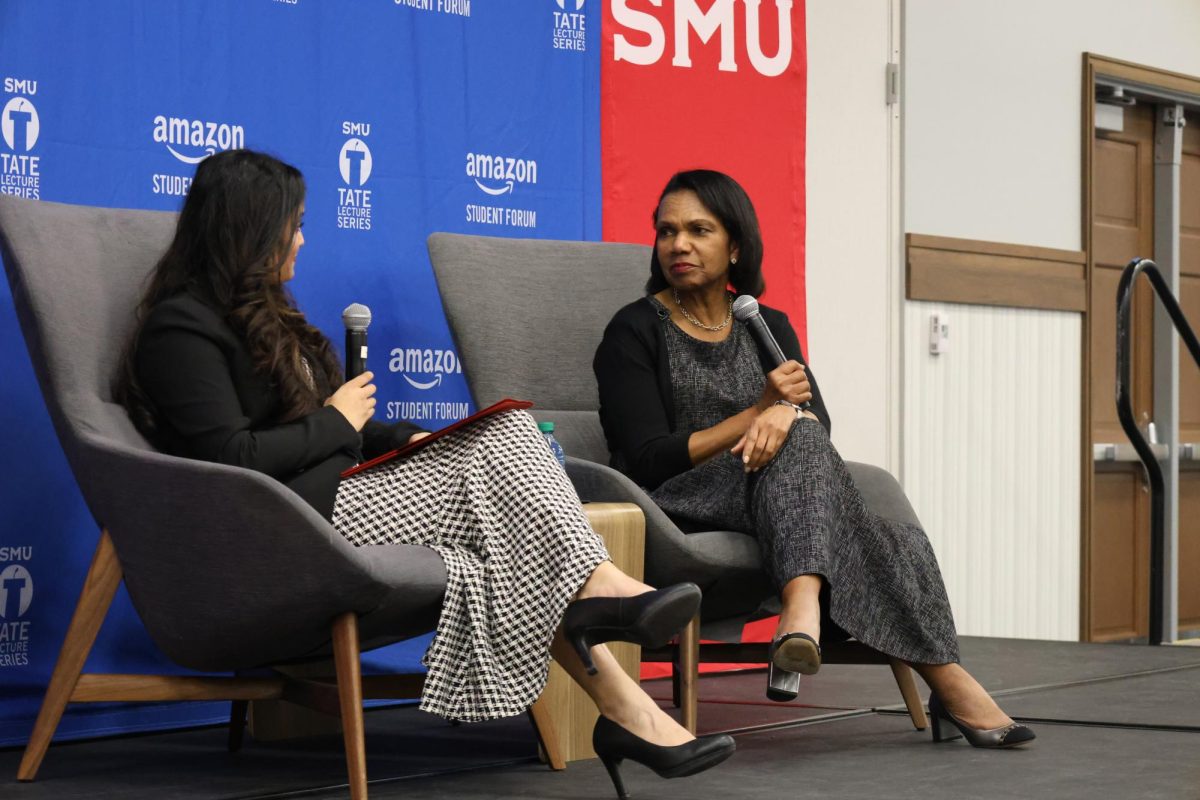It was supposed to be a night of revelry and celebration, a chance to bask in the victories that the Republican candidates secured in Dallas County and across the state. Instead, Tuesday’s Dallas County Republicans watch party at the Statler Hotel in downtown Dallas was a night full of anxiety and reflection about the party’s future in a changing state.
KEEP TEXAS GREAT!
VOTE TODAY! TAKE THREE FRIENDS WITH YOU! ALL the info you need is HERE: https://t.co/CQUPROr1hf pic.twitter.com/gqgb5ROnOz— Dallas County GOP (@DallasGOP) November 6, 2018
Coming into the evening, there were two big races that the GOP was watching. One was for Texas House District 32, which covered most of the northern part of Dallas County. Republican Pete Sessions was running against Democrat Colin Allred, a former NFL football player.
Sessions had held the district since 2003, but polling numbers showed his grasp on it slipping. The district had voted for Hilary Clinton in the 2016 election and on Tuesday morning, the latest polls had Allred ahead by a four-point margin. Some inside the party blamed it on changes inside the district. New people were moving in from different states, they claimed, and bringing their views with them.
“We do have a bunch of people that have moved in very recently and are voting with passports from California and Illinois,” Catherine Dalke, the campaign operations manager and elections director of the Dallas County Republican Party said. “It’s not fun to see people who haven’t lived here very long voting, but I think Texas can pull it off.”
Sessions was in a booth above the ballroom, surrounded by supporters and campaign workers, some of whom were SMU students. And they must not have been happy with how the night unfolded. Allred won the district, becoming the first man to represent it not named Pete Sessions, and he did so by a seven-point margin.
“I knew he was going to have a tough time, but I didn’t think it was going to be this much of a discrepancy from what our pre-polling numbers said,” audience member Dillan Keck said. “[It’s] definitely a shock.”
Before Sessions’ race was called, the shock of the night had been the Senate race between Beto O’Rourke and Ted Cruz. In late October, Quinnipiac conducted a poll showing that Cruz maintained a five-point lead over the Democrat from El Paso. But early Tuesday night, O’Rouke was in the lead, and it led to audible gaps from the audience.
As the night wore on and the drinks flowed, O’Rourke’s lead diminished and eventually disappeared altogether. At around 9:15 p.m., Fox News called the race in favor of Cruz. The incumbent had sneaked out a five-point victory over O’Rourke. The pre-polls nailed that one.
When the announcement came over the air, the crowd cheered. Though their man had won, some in the room felt like it had been too close. To them, that was a sign of a changing state.
“Texas is becoming more purple,” audience member Sean McHose said. “It’s not as red as it used to be. I think that in counties like Dallas and Houston that have big urban areas, the GOP is going to have to start figuring out how to win those votes to keep the state red.”
McHose believes that the future of Texas’ Republican Party relies on the party’s ability to reach younger voters, the ones that went out for O’Rourke and Allred during this election cycle.
“I think Republicans can win these young millennial voters,” McHose said. “I think they’re more conservative than they believe. But you’ve got to reach them through issues that are important to them. Things like net neutrality, taxes and conservative judges – issues that really appeal to them. I think that if the Republicans can do that, then they can keep Texas a red state.”




















